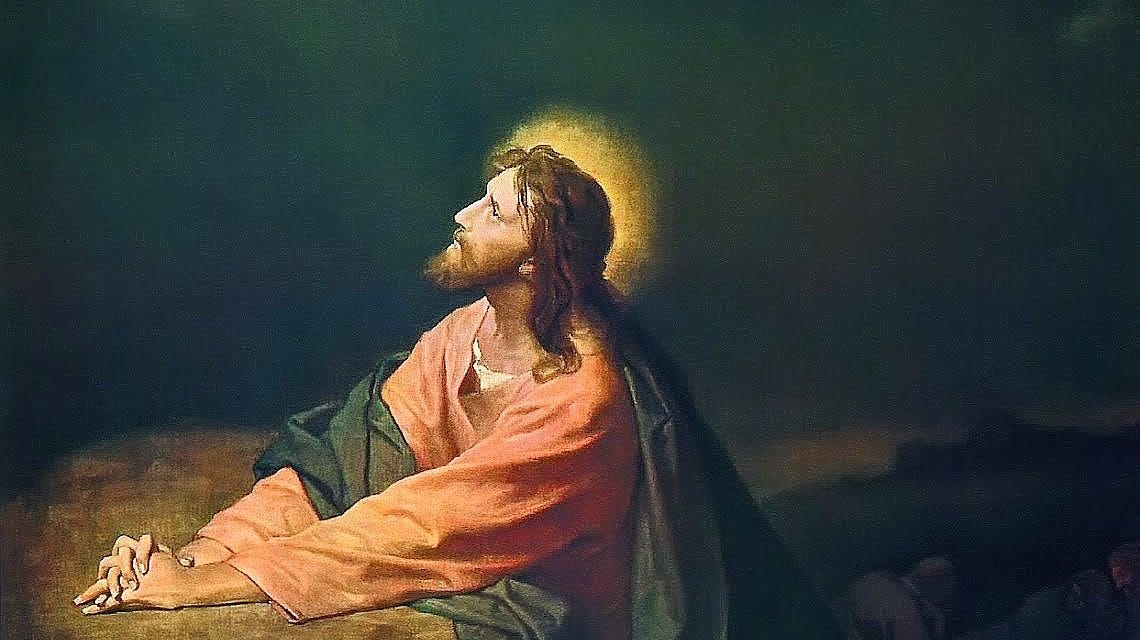The Agony in the Garden and the unity of the Church
In the Garden of Gethsemane, Christ prayed for us, "that they may be one." This prayer has been misunderstood since the twentieth century, and is now presented as a call to ecumenism. This is false.

Abstract: The article discusses the unity of the church, as expressed in the prayer of the Gospel of St. John. This unity is not limited to just fellowship or governance, but also encompasses unity of faith. Unity is a divine note, or testament, of the true Church of Christ. This article also discusses the examples of credal unity outside the church.
The Prayer of Our Lord before the Passion
In the Gospel of St John, Our Lord prays in terms which present the Church’s unity as a visible motive for belief in him and his Church’s claims:
“Holy Father, keep them in thy name whom thou hast given me: that they may be one, as we also are. […]
“[N]ot for them only do I pray, but for them also who through their word shall believe in me. That they all may be one, as thou, Father, in me, and I in thee; that they also may be one in us: that the world may believe that thou hast sent me.
“And the glory which thou hast given me, I have given to them: that, they may be one, as we also are one. I in them, and thou in me: that they may be made perfect in one: and the world may know that thou hast sent me and hast loved them, as thou hast also loved me.” (Emphasis added)
ST JOHN 17.11, 20-23
In his encyclical on the ecumenical movement, Mortalium Animos, Pius XI notes an erroneous interpretation of this prayer, which held “that Christ Jesus merely expressed a desire and prayer, which still lacks its fulfilment.”[1] The ecumenical proponents of this idea held that the sum total of Christian sects constitute the true Church; and that while unity of faith and government might one day exist, for now it could “only be regarded as a mere ideal.”[2] Pius XI calls this a “false opinion” and refutes it.
Against the idea that this prayer remains to be fulfilled, Billot writes the following:
“It is certain that this prayer, which expresses the absolute will of Christ, had to be fulfilled infallibly on all points. […]
“Christ was able to address certain requests to his Father in an absolute manner, in the sense that the request concerned precisely the real obtaining of an end and not only the obtaining of means, the use of which is left to human freedom, which can always fail […].
“[T]his request of Christ could not be deprived of its effect and that it must therefore be considered as a law establishing the necessary properties of which the true Church would inevitably be endowed.
“And, as far as we know, no one has ever denied this point.”[3]
That Christ’s prayers infallibly achieve their effects, when made in an absolute manner (as opposed to a mere conditional wish or “velleity”), is not an unusual idea: for example, it is also taught by St Thomas Aquinas.[4]
Billot provides a very beautiful exegesis of Our Lord’s prayer, and then observes:



